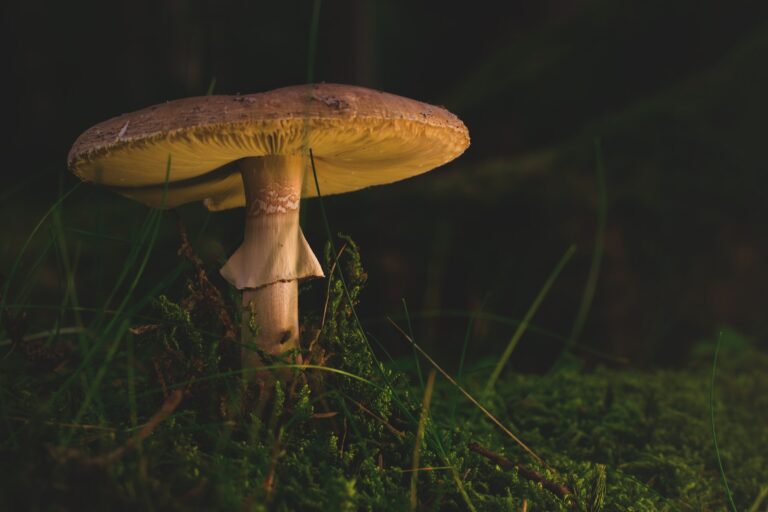Is Psilocybin Legal in Sri Lanka?
Psilocybin, a naturally occurring compound found in certain species of mushrooms, is known for its hallucinogenic and psychoactive effects. In Sri Lanka, psilocybin is illegal under the Poisons, Opium and Dangerous Drugs Act. This legislation bans the possession, sale, and distribution of psilocybin mushrooms, as well as the cultivation of the fungi for recreational or medicinal purposes.
What are Psilocybin Mushrooms Called in Sri Lanka?
In Sri Lanka, psilocybin mushrooms are commonly referred to as Magic Mushrooms or Psilocybe Cubensis. These mushrooms grow in various regions of the country and are sought after for their hallucinogenic properties. However, due to their legal status, they are not openly sold or discussed in public.
Can I Grow Psilocybin Mushrooms in Sri Lanka?
As mentioned earlier, the cultivation of psilocybin mushrooms is illegal in Sri Lanka. Anyone found growing these mushrooms may face criminal charges and severe penalties, including imprisonment and fines. It is important to note that even if the mushrooms are grown for personal use, the law does not differentiate between personal and commercial cultivation, and the penalties remain the same.
What are the Laws, Penalties, and Law Enforcement Practices Related to Psilocybin in Sri Lanka?
The possession, sale, distribution, and cultivation of psilocybin mushrooms are all illegal under the Poisons, Opium and Dangerous Drugs Act in Sri Lanka. The penalties for violating this law are as follows:
- Possession: A person found in possession of psilocybin mushrooms may face imprisonment of up to 10 years and/or a fine.
- Sale and Distribution: Selling or distributing psilocybin mushrooms can result in imprisonment of up to 15 years and/or a fine.
- Cultivation: Cultivating psilocybin mushrooms can lead to imprisonment of up to 20 years and/or a fine.
Law enforcement in Sri Lanka takes drug offenses seriously, and they actively pursue individuals involved in the illegal trade of psilocybin mushrooms. This includes undercover operations, raids, and intelligence gathering to identify and apprehend those involved in the cultivation, sale, and distribution of these mushrooms.
What Government Laws and Resources Exist Regarding Psilocybin in Sri Lanka?
The primary legislation governing the control of psilocybin in Sri Lanka is the Poisons, Opium and Dangerous Drugs Act. This act is enforced by various government agencies, including the Sri Lanka Police and the Department of Excise. In addition to this act, the following resources are available to provide information and assistance related to psilocybin and other drugs in Sri Lanka:
- National Dangerous Drugs Control Board (NDDCB): The NDDCB is responsible for coordinating and implementing national drug control policies and programs. Their website (www.nddcb.gov.lk) provides information on drug laws, prevention, and treatment in Sri Lanka.
- Sri Lanka Police Narcotics Bureau (PNB): The PNB is the primary law enforcement agency responsible for combating drug trafficking and abuse in Sri Lanka. They work closely with other government agencies and international partners to enforce drug laws and apprehend drug offenders.
- Department of Excise: This government agency is responsible for enforcing laws related to the import, export, production, and sale of controlled substances, including psilocybin mushrooms.
In conclusion, psilocybin mushrooms are illegal in Sri Lanka, and those involved in their possession, sale, distribution, or cultivation can face severe penalties. It is essential to be aware of the local laws and regulations related to these mushrooms and avoid any involvement in their illicit trade.
